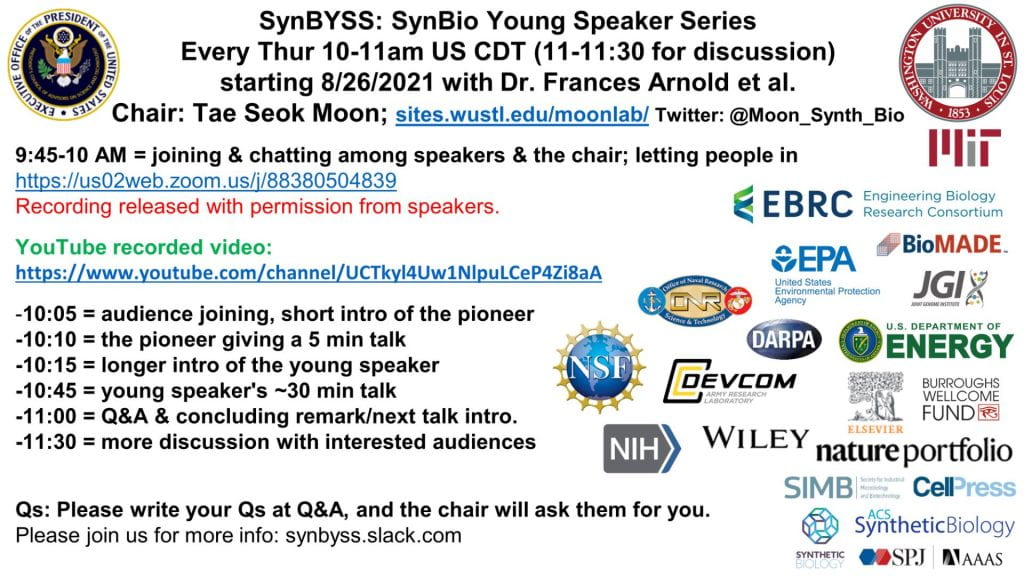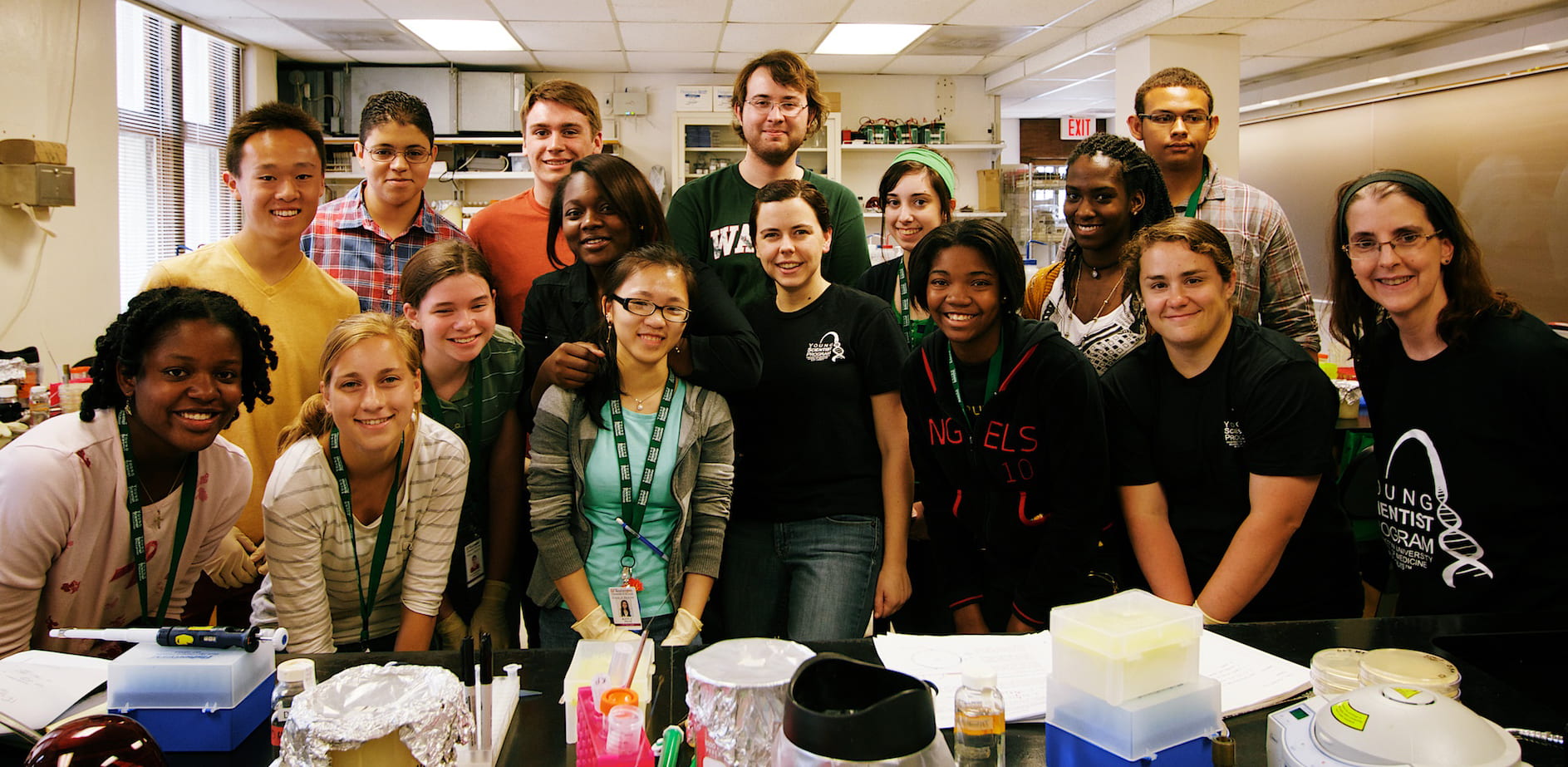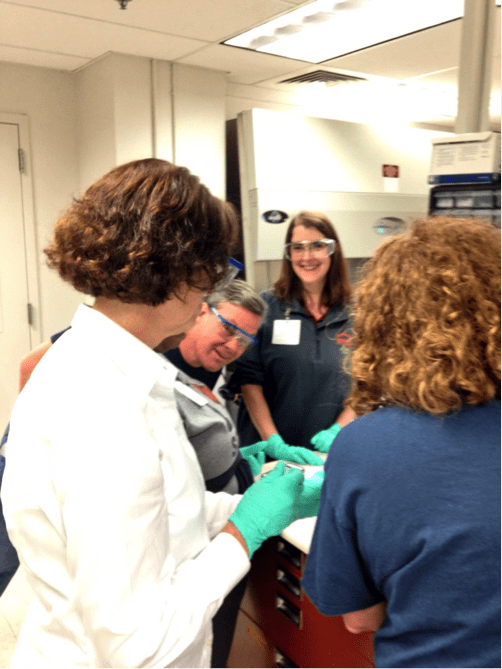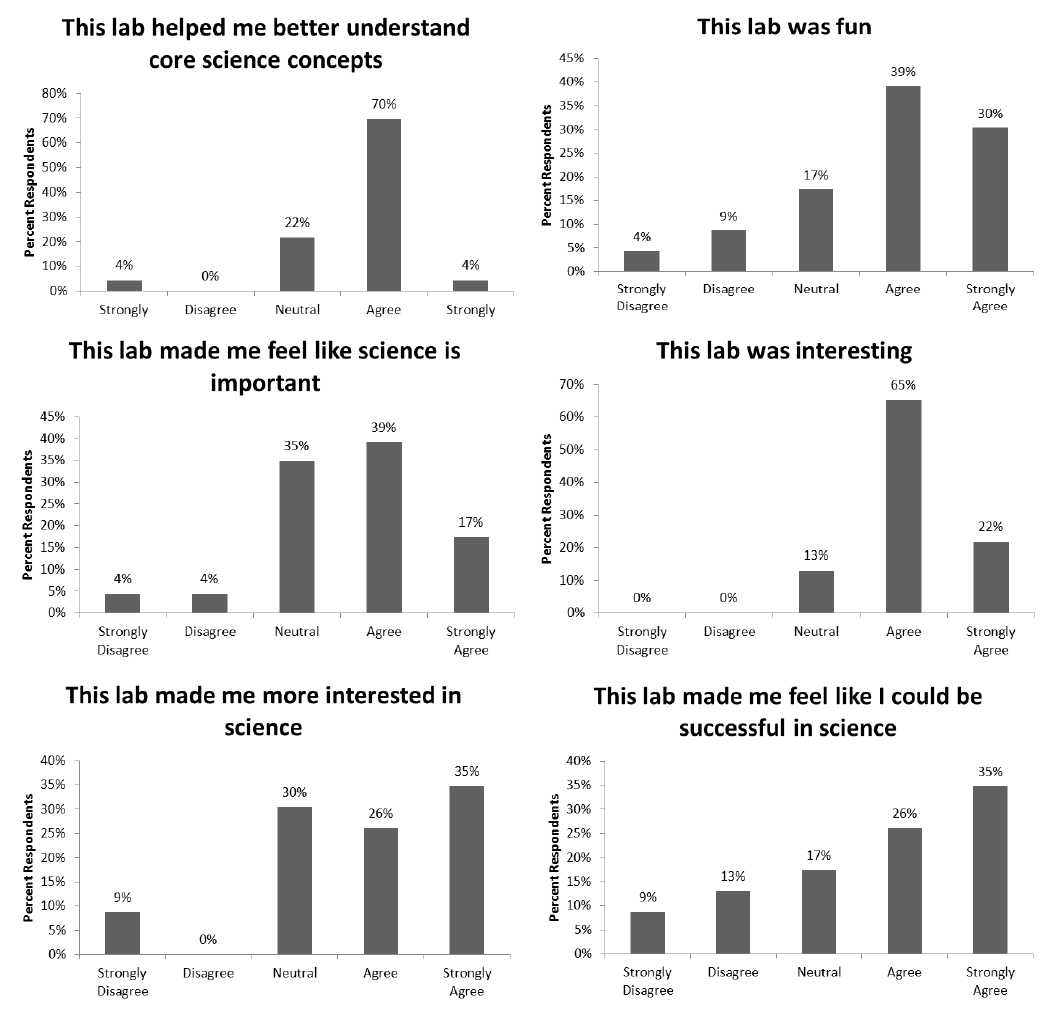Synthetic Biology Young Speaker Series
Prof. Moon is chairing and organizing the inaugural Synthetic Biology Young Speaker Series (SynBYSS), a year-long or even longer, weekly event that consists of a short inspiring talk by a global thought or synthetic biology leader, followed by a long talk by a rising star in synthetic biology. Making space for young speakers.


Schedule: Full schedule
9:45-10 AM = joining & chatting among speakers & the chair; letting people in
Recording released with permission from speakers.
https://us02web.zoom.us/j/88380504839
YouTube recorded video:
https://www.youtube.com/channel/UCTkyl4Uw1NlpuLCeP4Zi8aA
-10:05 = audience joining, short intro of the pioneer
-10:10 = the pioneer giving a 5 min talk
-10:15 = longer intro of the young speaker
-10:45 = young speaker’s ~35 min talk
-11:00 = Q&A & concluding remark/next talk intro.
-11:30 = more discussion with interested audiences
Qs: Please write your Qs and the chair will ask them for you.
Qs not answered can be asked on Slack & will be answered by the speaker:
synbyss.slack.com
Courses
Metabolic Engineering and Synthetic Biology – EECE 551 (Fall)
This course is a project-based introduction to Synthetic Biology with an emphasis on Metabolic Engineering. Synthetic Biology is a transformative view of biology from the “observation approach” to the “synthesis approach.” It is a new “engineering” discipline and aims to make the engineering of new biological functions predictable, safe and quick. It will pave a wide range of applications to transform our views on production of sustainable energy and renewable chemicals, environmental problems, and human disease treatments. The field intersects with Metabolic Engineering in areas such as the design of novel pathways and genetic circuits for product generation and toxic chemical degradation. In this course, the field and its basis are introduced. First, relevant topics in biology, chemistry, physics, and engineering are covered. Second, students will participate in brain-storming and discussion on new biology-based systems. Last, they will design and present new synthetic biology systems to solve real-world problems.
Process and Product Design – EECE 402 (Spring)
The main goal of this course is to apply design principles and engineering fundamentals, which Chemical Engineering students have learned for 3.5 years, to real-world systems in order to address various issues of producing and recovering chemicals. Considering process and cost optimization, students will design, analyze, and present their own chemical and biological processes to produce chemicals, including 1-butanol.
Biology in EECE – EECE 306 (Spring)
The course provides an introduction to molecular biology, biochemistry, microbiology, and biotechnology. The course focuses on an engineering approach to microbiology and molecular biology. Topics include basics of molecular biology, mathematical analysis of biological systems, genetic engineering, and biotechnological applications.
Recent Outreach Highlight
We support a local high school iGEM team in 2021 as our NSF outreach activity.
The high school iGEM team, which the Moon and Ling labs advised, received a Bronze medal. Congrats! Link

Prof. Moon serves as a mentor for iGEM Mentors Network (since Jan. 2022) as well as an iGEM Grant Committee Member (since 2021).
Prof. Moon serves as an MIT Educational Counselor, an ACS Mentor, an AIChE Mentor, and a Scientific Advisor for SynBio Africa.
Professional Development Event at WashU with Dr. Shopera
Dr. Shopera, our lab alum, talks about his amazing career journey from Zimbabwean education to his participation in the COVID vaccine development at Pfizer.

Hands-On Research Experiences
We aim to foster learning through hands-on research experiences. We have trained and will train undergraduate students through various research programs:
1) NSF Research Experiences for Undergraduates (REU) Program on “Energy Research with Global Reach”
This program provides undergraduate students from different universities with research experience at Washington University as well as international visit. They spend two and half weeks in one of the global MAGEEP (McDonnell Academy Global Energy and Environment Partnership) institutions and perform research at Washington University for seven and half weeks.
Luke Kirchner (Simpson College) successfully finished the program with us in 2013!
2) iGEM (International Genetically Engineered Machine) Competition
Dr. Moon and his graduate student Cheryl Immethun are serving as iGEM supervisors.
http://2014.igem.org/Team:WashU_StLouis
http://www.sigmaaldrich.com/technical-documents/articles/biology/nitrogenius.html

3) Independent Research Program
Many motivated undergraduate students are conducting research in our lab. We are currently working with students from the Schools of Engineering and Arts and Sciences, but all self-motivated students are welcome to join us, regardless of their majors.
Outreach
Allison, Cheryl, and Ray in the Moon lab received project funding from Women’s Society of Washington University for the outreach activities which include teaching kit development for Teach For America Teachers! Please contact Allie at ahoyneso@gmail.com for more information.
Our mission is to broaden K-12 student participation in science and engineering. To this end, we are collaborating with Teach For America, Young Scientist Program, Institute for School Partnership, and Girl Scouts.
On October 5th, 2013, Allie Hoynes-O’Connor and Cheryl Immenthun took part in Teach For America’s Teacher-Leader Development Day at UMSL. They presented new lab resources to science teachers from the St. Louis area, and engaged in a discussion regarding how to further develop a partnership between university researchers and local schools. If you are interested in learning more about the educational resources provided by the Moon Lab, please contact Allie at ahoyneso@gmail.com.
Below: Cheryl Immethun with students from the Young Scientist Program!

Students at Riverview Gardens High School participated in the bacterial transformation lab in Mr. McDonnell’s class on January 29th-31st. About 75 students successfully transformed green fluorescent protein into E. coli and were able to observe the resulting glowing green cells under UV light! This project was funded in part by a grant from the Women’s Society of Washington University.

Above: Allie helps explain an important concept to one of the students in the class.
Students from the class gave us good feedback on the bacterial transformation lab!

On February 22nd, Allison, Cheryl, and Ray attended the 3rd Annual St. Louis Education Summit at UMSL. They discussed lab kits and supplies available from the Moon Research Group, the Young Scientists Program, and other resources available through Washington University for science teachers. They also demonstrated some of the teaching kits available for students!

Above: Allie, Cheryl, and Ray demonstrate different teaching kits for science teachers working in the St. Louis area.
Other Outreach (4/30/14)
The science club at the Collegiate School of Medicine and Bioscience, a magnet high school in the St. Louis Public School District, did some bacterial transformations with our genetic circuit kit this past spring.
Genetic Circuits Workshop (6/30/14)
Fifteen local high school teachers came to WashU for the Genetic Circuits Workshop sponsored by the WUSTL Institute for School Partnership. Graduate students Allie Hoynes-O’Connor and Cheryl Immethun introduced teachers to the main principles behind genetic circuits and synthetic biology as well as training to use the genetic circuits teaching kit developed in our lab. These eleven schools were represented: Elsberry High School, Kirkwood High School, Visitation Academy, Fox High School, Lindbergh High School, McCluer North High School, Parkway South High School, Frances Howell High School, Pattonville HIgh School, McCluer South Berkeley High School, and Fort Zumwalt East High School.


Top: A group of teachers learns about the genetic circuit teaching kit. Bottom: Allison Hoynes-O’Connor answers questions about performing the experiment.
Overall, the workshop was a success and the teachers gave us positive feedback about the teaching kit:
“Very enjoyable and easily integrated into high school science classrooms”
“I thought I’d feel like a fish out of water, but I did follow quite nicely with the instruction. Also, [the teaching kit] hit the target on what a circuit actually does and really piqued my interest further.”
“I am going to do this with my regular Bio kids”
Below are some of the results from the workshop!

For more information about our genetic circuit teaching kit, please contact Allison Hoynes-O’Connor at ahoyneso@gmail.com.
Teacher Workshop (8/7/14)
Three teachers from Metro Academic and Classical High School visited WashU on August 7th to hear more about synthetic biology and discuss how to incorporate concepts from synthetic biology into their classroom.
Public Lecture at Jawaharlal Nehru University, New Delhi, India (11/9/14-11/12/14)
Professor Moon gave a public lecture at the Indo-US Workshop on Synthetic & Systems Biology to discuss the potential and risks of synthetic biology. More information: https://sites.google.com/site/synbioworkshop/synbioglobal
Other Outreach (2/18/15)
Vicki Schaeffer from Pattonville High School visited WashU to learn more about using our teaching kit for her science class. Below are the results from a student survey about the teaching kit:

Here are some of the comments from students about their experience:
What did you like most about this lab?
“I liked that the experiment worked, and that we got to see the effect plasmids have on cells”
“Seeing it glow was cool”
“Working with actual DNA and bacteria”
“It was unique, with actual implications. I thoroughly enjoyed this lab”
What will you remember most about this lab?
“The smell”
“The glowing E. coli”
“The glow after the experiment was done”
Other comments? “Thank you! <3”
Outreach Update (3/1/2016)
Vicki Schaeffer from Pattonville High School led her 63 AP Biology students through the bacterial transformation lab provided by the Moon Lab. The students were very successful in creating some glowing green bacteria! When asked about the experience, here is what the students had to say:
What did you like most about this lab?
“It was a new experience, I’ve never had the opportunity to do something like this before.”
“I liked that the lab actually worked and the bacteria glowed”
“I enjoyed having it be hands on”
“We got to make plasmid glow in the dark”
“What I liked most about the lab is that we actively changed the DNA of the bacteria (which is pretty cool)”
What will you remember most about this lab?
“The bacteria glowing”
“The GFP, and that I’ve never done something like this”
“Seeing the colonies glow for the first time”
“Seeing how fast bacteria grows”
“How cool it was to see the lab being a success and how it glowed at the end”
And Vicki’s feedback was simply…
“I love this lab!”
Student Feedback Results:

BioBuilder Professional Development Workshop (June 28-30, 2016) held at Monsanto, Chesterfield, MO
Eight educators from across the country attended the three day workshop to learn about the field of synthetic biology and develop plans for incorporating this emerging engineering field into their classrooms, as well as their after-school and summer programs. The educators learned about how living cells can be reprogrammed to tackle challenges in society through engaging and relevant labs they can do with their students. After completing the BioBuilder labs (biobuilder.org), teacher teams designed their own synthetic microbial systems that addressed breast cancer detection, biodegradation of plastics, and mosquito repellants. The educators were excited about bringing the problem-solving embedded in cutting edge science and engineering to their students.

Participants at the BioBuilder Professional Development Workshop, held at Monsanto in Chesterfield, MO, included educators from across the country, led by high school biology teacher Tom Martinez (first row, second from the left) and Moon Research Group graduate student Cheryl Immethun (first row, right side).

Cheryl explains the protocol for the Eau that Smell lab.

Cheryl explains how to use the spectrophotometer to measure absorbance.

Tom photobombs while Cheryl explains the calculations for the iTune Device Lab.
Pre-Engineering Institute (7/5/2016 & 7/27/2016)
Washington University in St. Louis’ 2016 iGEM team, Zach Glick, Gillian Myers, Drew Ells, and Harley Greene, and their mentors, Dr. Janie Brennan and Moon Research Group graduate student Cheryl Immethun, led rising high school juniors and seniors attending the Pre-Engineering Institute in a lab that taught the fundamentals of synthetic biology. The students learned that engineers use a design, build, test cycle to rationally design devices in a bacterial gene expression system. They first predicted the strength of protein expression from the system for different combinations of promoters and ribosome binding sites. Afterwards, they tested their predictions by measuring the intensity of yellow color produced from the β-galactosidase assay. The students were so excited about the activity that several stayed to talk to the iGEM team after the lab concluded.

Zach (on the left) assists a team using a spectrophotometer to measure cell density.

Gillian (on the left) assists a team adding cells to their reactions.

Drew (on the right) explains the enzymatic reaction to a team conducting the β-galactosidase assay.

Harley (in the middle) and Dr. Brennan (in the center back) answer questions about the assay.

Cheryl (on the right) helps set up a spectrophotometer for a team measuring the yellow color produced during the reaction.
Outreach Update (3/1/2017-3/2/2017)
Vicki Schaeffer from Pattonville High School led her 53 AP Biology students through the bacterial transformation lab provided by the Moon Lab. The students were very successful in creating some glowing green bacteria! When asked about the experience, here is what the students had to say:
What did you like most about this lab?
“Seeing the glowing colonies”
“I liked learning the heat shock (transformation) method and seeing the colonies grow”
“This was fun”
What did you like least?
“The smell of the bacteria”
“I didn’t like how long we had to wait for the bacteria to grow, but that’s science!”
Student Feedback Results:
